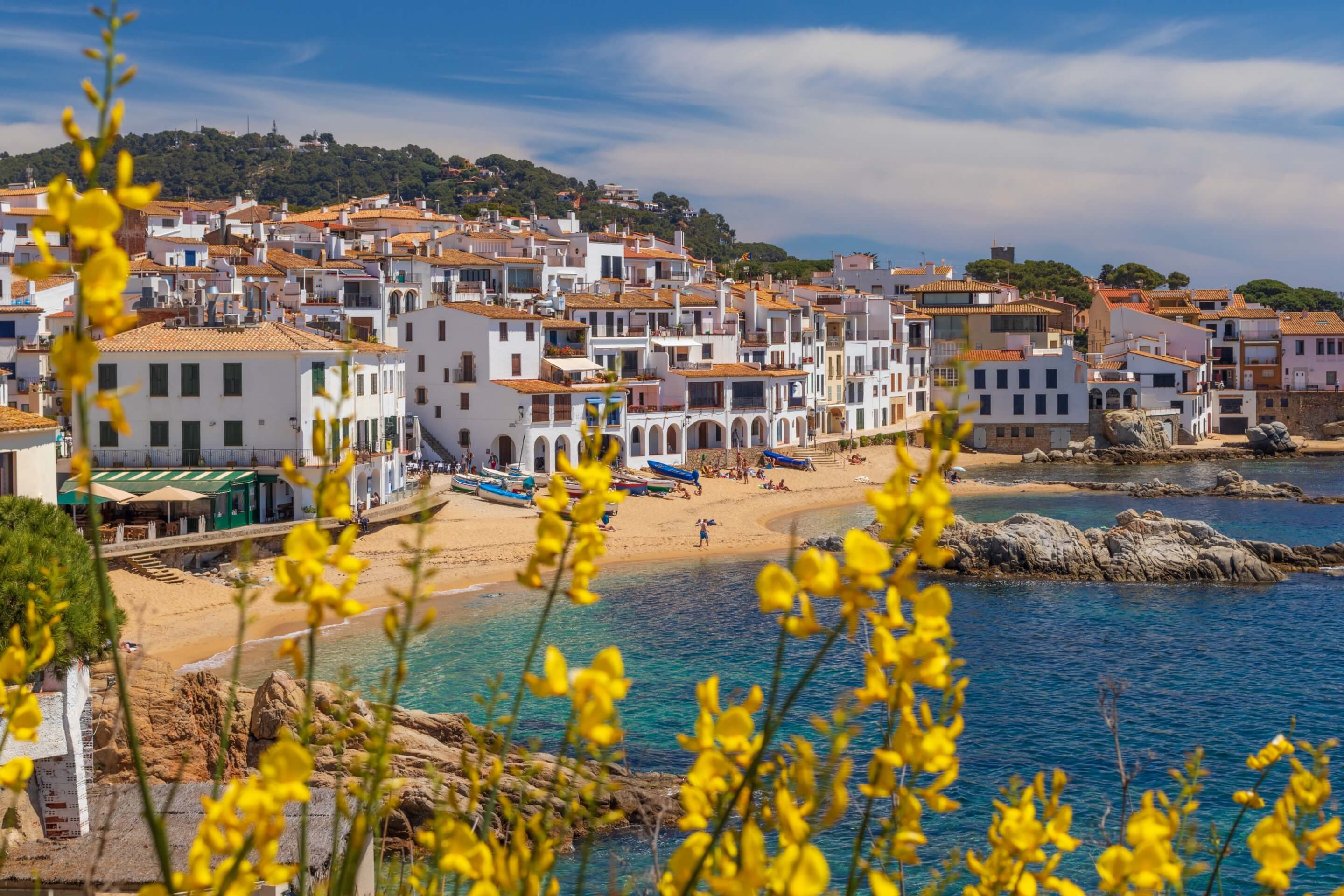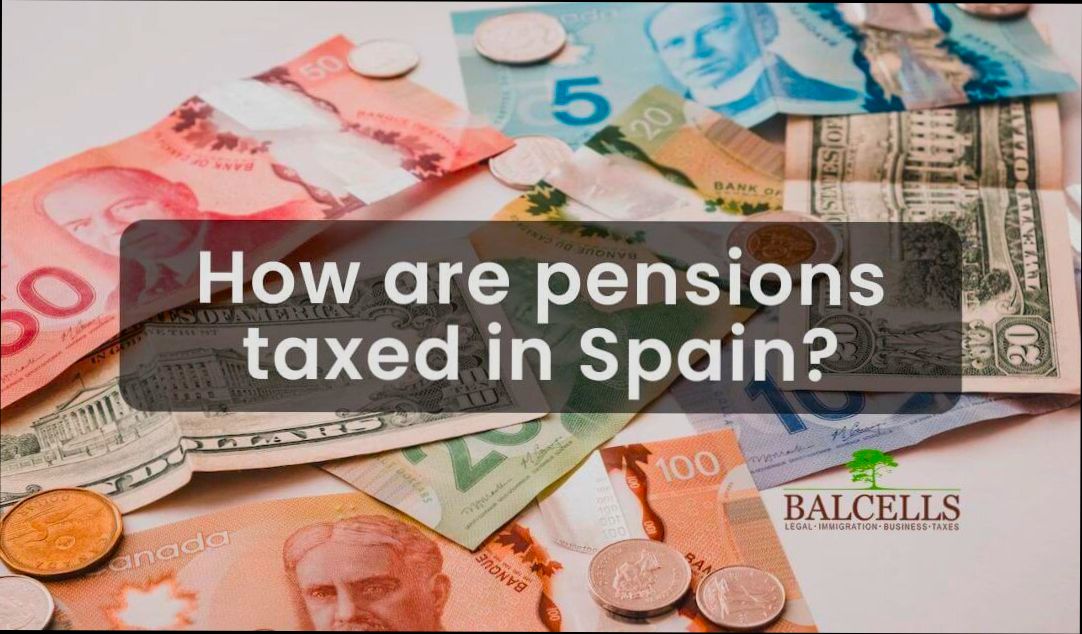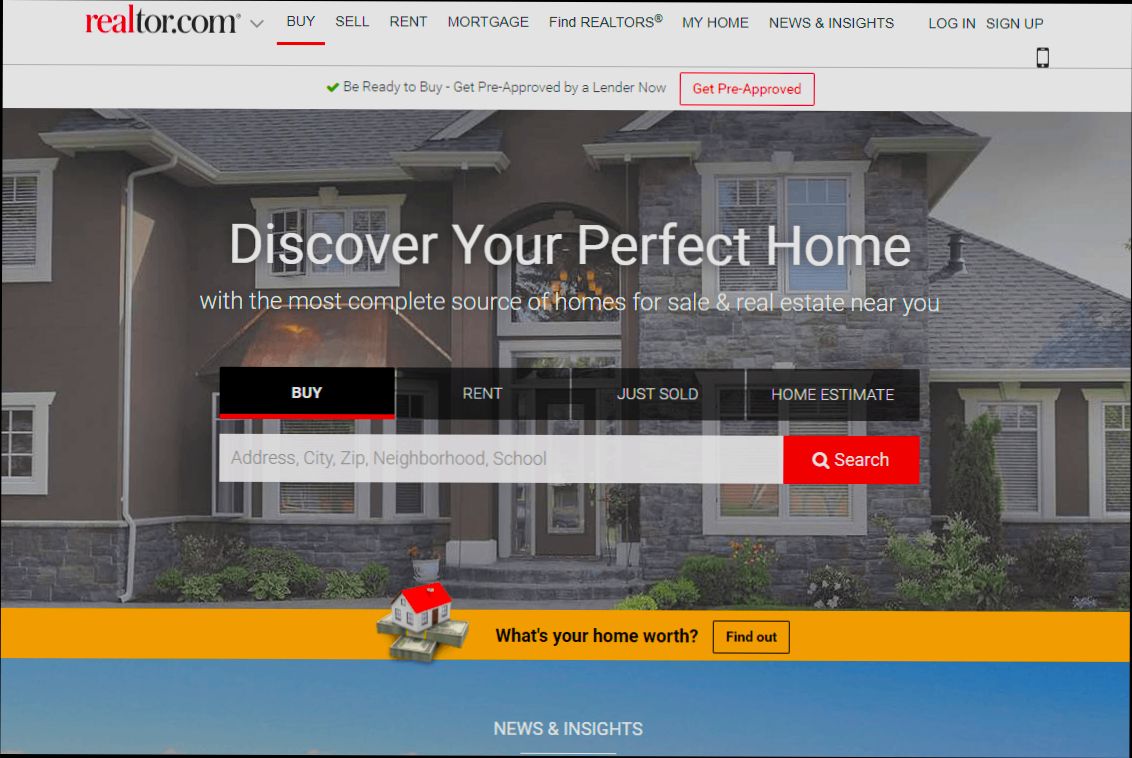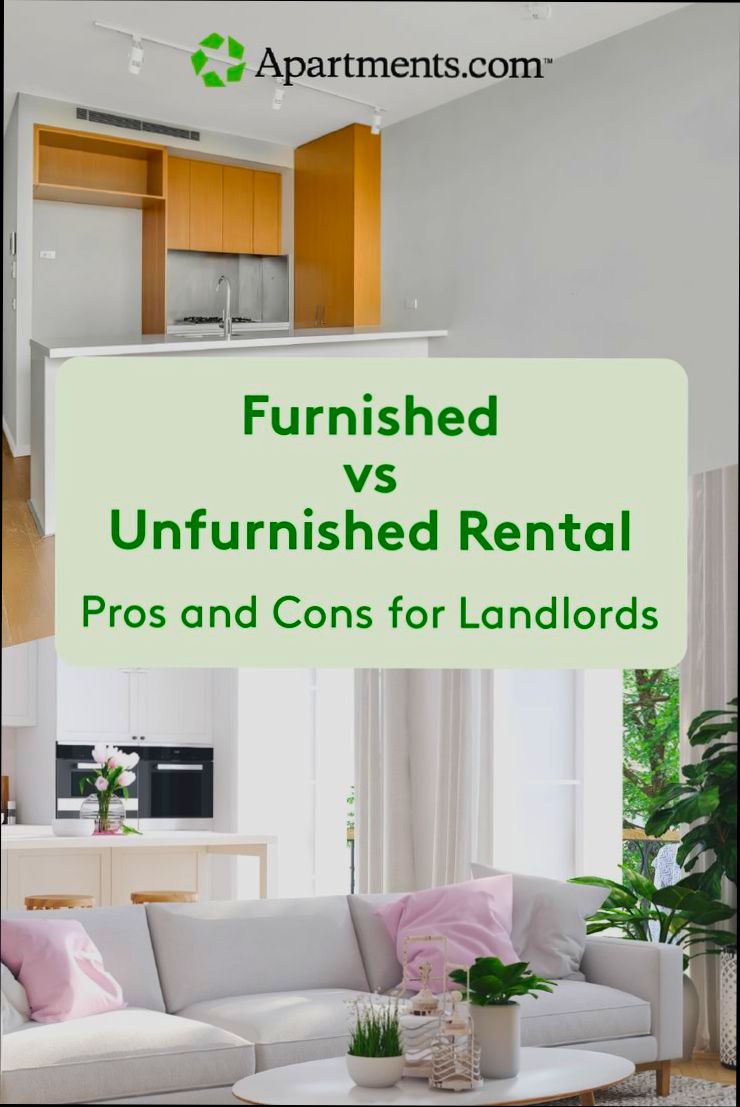- Legal Framework Governing Rental Deposits
- Standard Deposit Amounts Across Different Regions
- Statistical Overview of Deposit Trends in Spain
- Comparative Analysis of Deposit Regulations by Autonomous Communities
- Permitted Uses of Tenant Deposits: A Breakdown
- Return of Deposits: Legal Timelines and Obligations
- Common Disputes Related to Tenant Deposits
- Graphical Representation of Deposit Practices in Major Cities
- Impact of Market Trends on Deposit Requirements
How much deposit can you ask from tenants in Spain? This is a burning question for many landlords navigating the rental landscape in this beautiful country. The law here typically allows landlords to request a deposit equivalent to one or two months’ rent, depending on the type of rental agreement. For example, if you’re renting out an apartment for €800 a month, you could ask for a deposit of either €800 or €1,600, depending on the specifics of your lease.
Now, it’s important to note that this deposit is meant to protect you against potential damages or unpaid rent. If a tenant walks away without paying their last month or leaves the place in less than stellar condition, the deposit comes in handy to cover those costs. Also, remember that if you decide to go for a longer-term rental, the expectations around deposits can vary a bit, especially in larger cities like Madrid or Barcelona, where the rental market can be quite competitive.
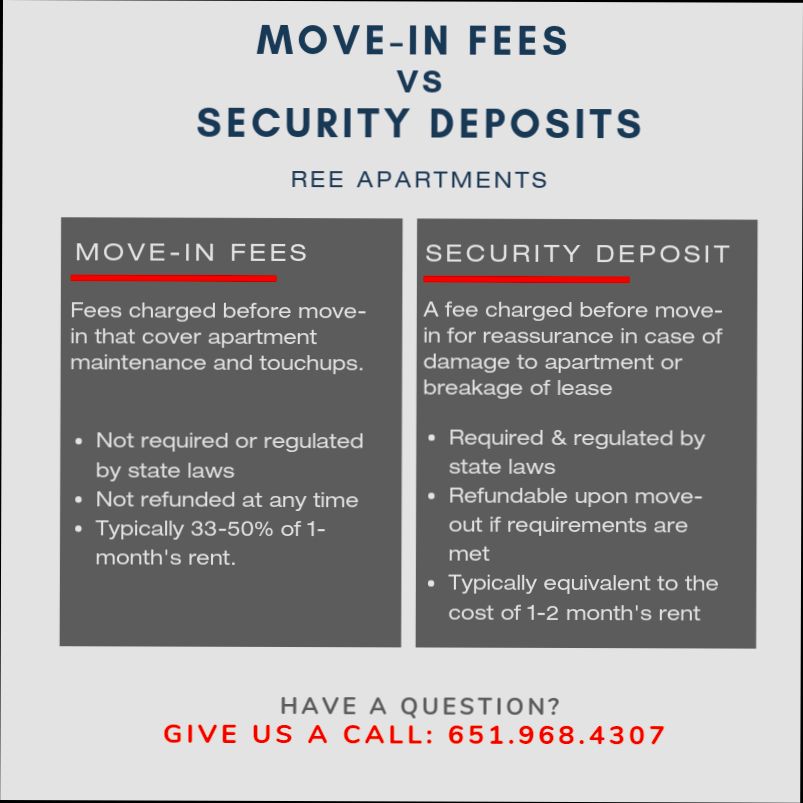
Understanding Tenant Deposits in Spain
When renting out your property in Spain, understanding tenant deposits is key. So, how much can you actually ask for?
Standard Deposit Amount
Typically, you can ask for a deposit equal to:
One month’s rent: If you’re renting out an unfurnished property.
Two months’ rent: If the property is furnished.
Why Is This Important?
The deposit serves as a security buffer for you, the landlord. It covers potential damages or unpaid rent. Just remember, it’s not your free cash—it’s essentially held in trust until the end of the lease.
Legal Guidelines
It’s essential to comply with Spanish laws regarding deposits. Under Spanish Rental Law, landlords are required to:
Return the deposit within one month after the lease ends.
Provide a detailed breakdown if they retain part of it for damages.
Utilizing Tools Like Residoora
A platform like Residoora can help streamline the whole process. Whether you’re calculating deposits or managing tenant agreements, it’s designed to make real estate investing smoother.
Quick Example
| Property Type | Monthly Rent | Deposit Amount |
|---|---|---|
Unfurnished Apartment | €800 | €800 |
Furnished Apartment | €1,200 | €2,400 |
What Happens if the Tenant Has Issues?
If your tenant causes damage or fails to pay rent, you can deduct necessary repair costs from the deposit. Just remember to keep detailed records and documentation. Transparency is the name of the game!
The Bottom Line
Understanding these fundamentals helps keep your investments safe and profitable. So, make sure you’re setting the right deposit according to the type of property and always follow the legal guidelines.
With platforms like Residoora, staying on top of these details becomes much easier, allowing you to focus on growing your property portfolio. Happy renting!
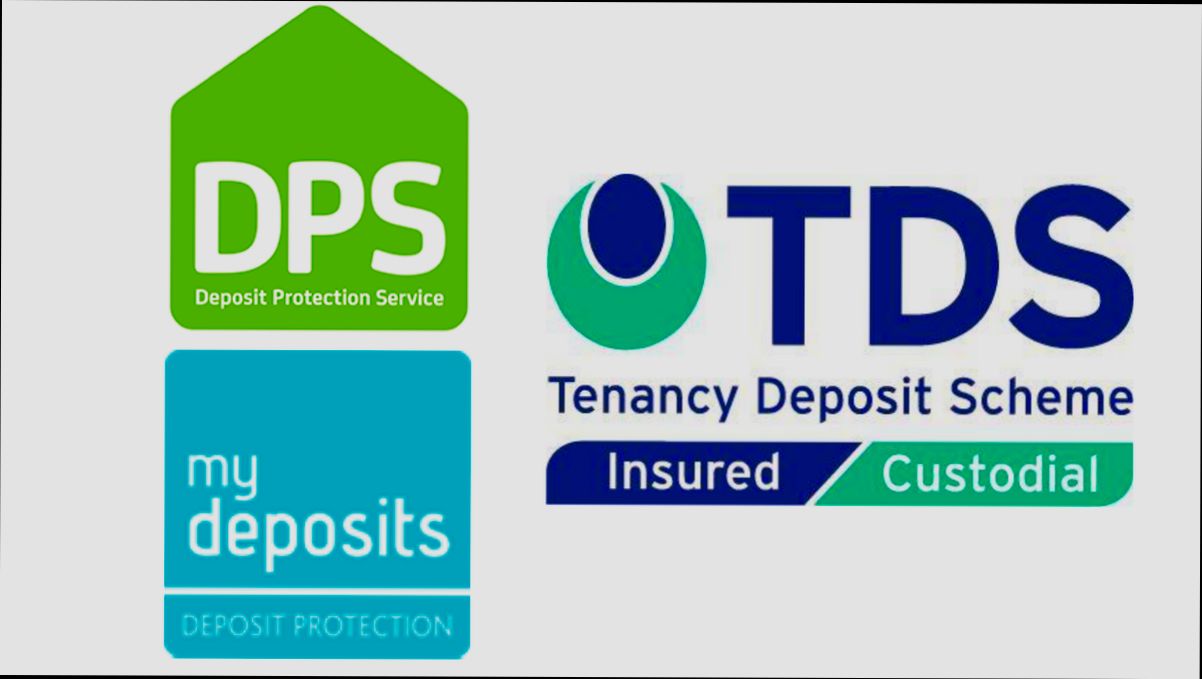
Legal Framework Governing Rental Deposits
When it comes to rental deposits in Spain, the rules are pretty straightforward, but they can vary depending on the type of property you’re renting. So, let’s dig into it!
What’s the Standard Deposit Amount?
According to Spain’s Tenancy Act, landlords can ask for a deposit equivalent to:
One month’s rent for residential leases.
Two months’ rent for long-term leases of furnished properties.
The Legal Language in Action
The law states that these deposits serve to ensure the property is returned in good condition. So, if you’ve got a tenant, you can hold onto that deposit until they vacate the property. But don’t get too comfy! You must return it within a month after they move out, unless there are issues.
Examples to Consider
| Property Type | Deposit Amount |
|---|---|
Unfurnished Apartment | 1 Month’s Rent |
Furnished Apartment | 2 Months’ Rent |
Commercial Space | Usually Negotiated |
Additional Rules and Tips
In some regions, there might be additional limitations or even updated laws, so always check local regulations. Oh, and consider using platforms like Residoora. They help streamline renting and even manage deposits efficiently!
Wrapping It Up
Remember, keeping a clear communication line with tenants about their deposit is crucial. If they know the rules, it can save you both a lot of headaches down the road!
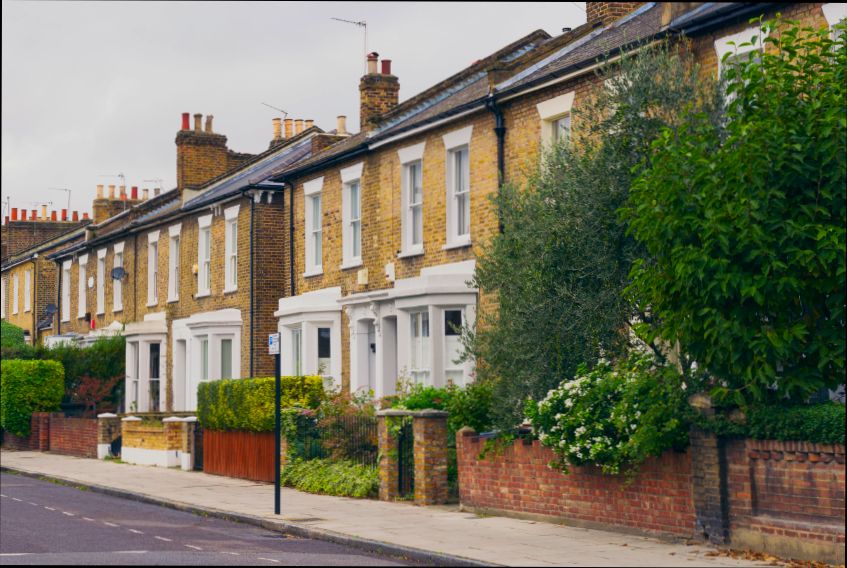
Standard Deposit Amounts Across Different Regions
When it comes to renting in Spain, one of the first things that pops into your mind is the deposit. How much do you actually need to fork over before moving into your shiny new pad? The good news is, Spain has some pretty standard rules regarding security deposits, but they can vary depending on where you’re looking to rent.
| Region | Typical Deposit Amount | Details |
|---|---|---|
Madrid | 1-2 months’ rent | In the bustling capital, landlords typically ask for a deposit of one month’s rent, but if the property is particularly desirable, it might go up to two. |
Barcelona | 1-2 months’ rent | Similar to Madrid, expect to pay one month’s rent. For high-demand areas, be prepared for two months! |
Valencia | 1-2 months’ rent | Most rentals here stick to the one-month standard, making it a bit easier on your wallet! |
Seville | 1 month’s rent | In Seville, it’s pretty straightforward—a one-month deposit is the norm. |
Bilbao | 1-2 months’ rent | Generally, one month suffices, but for highly desirable properties, landlords might push for two. |
Interestingly, some landlords may also ask for additional payments, like paying the last month’s rent up front, especially in competitive markets. So it’s wise to keep that in mind if you’re renting in hot spots.
Platforms like Residoora can be super helpful in navigating these rental landscapes. They provide insights and data about current deposit norms and can help you find the best deals by comparing listings across regions. Trust me, using tech like this can make your renting experience way smoother.
In short, while the standard is generally one month’s rent, be ready to encounter requests for more in busier areas. Always clarify the terms up-front so you don’t get caught off-guard!

Statistical Overview of Deposit Trends in Spain
When it comes to deposits from tenants in Spain, the stats can be pretty eye-opening. Generally, landlords can ask for one to two months’ rent as a security deposit. This varies by region, but let’s break it down!
| Region | Typical Deposit Amount | Legal Limit |
|---|---|---|
Madrid | 1-2 months | 1 month (legal limit) |
Catalonia | 1-2 months | 2 months (for unfurnished) |
Andalusia | 1 month | 1 month |
Valencia | 1 month | 1 month (minimum) |
According to recent data, around 53% of tenants in cities like Barcelona and Madrid reported paying one month’s deposit. However, many landlords still opt for two months as a safety net, especially in the more volatile rental markets.
Interestingly, online platforms like Residoora offer insights that show how deposit trends can vary annually. For instance, the average deposit amount in the urban centers increased by 10% in the last year, likely due to soaring rental prices.
Let’s take an example. If you find an apartment in Barcelona for €1,200 a month, you might be asked for a deposit between €1,200 and €2,400. It’s always wise to clarify what the norm is in the particular area you’re renting in.
In conclusion, having a clear understanding of these deposit trends can make your rental process smoother. And don’t hesitate to check out resources like Residoora, which can help you estimate rental costs and understand local deposit norms better!
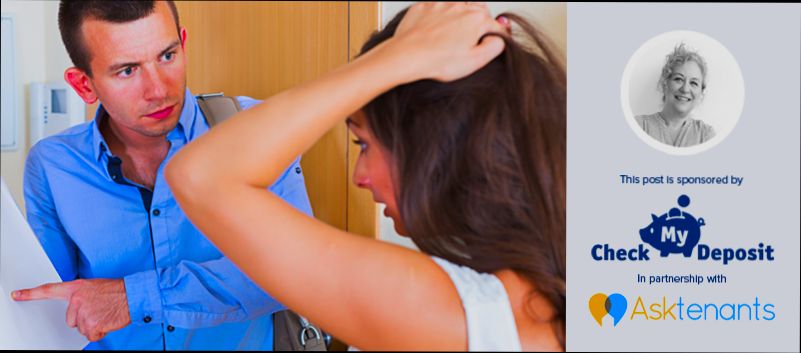
Comparative Analysis of Deposit Regulations by Autonomous Communities
When it comes to renting out a property in Spain, the amount you can ask for a deposit varies based on where you’re located. Each Autonomous Community has laid out its own rules, which can sometimes make things a bit confusing, right? Let’s break it down to see how the tapestry of regulations plays out across the country.
| Autonomous Community | Max Deposit (Months) | Notes |
|---|---|---|
Andalusia | 1 | One month’s rent + additional for furnished homes. |
Catalonia | 2 | Commonly asks for two months for both furnished or unfurnished. |
Madrid | 1 | Standard one month’s rent. No extra for furnished homes. |
Valencia | 1 | Follows the standard of one month’s rent, with stricter practices on refunds. |
Galicia | 1 | One month for both types of properties. |
The most common rule across the board is to ask for one month’s rent as a deposit, especially in places like Madrid and Andalusia. However, if you’re in Catalonia, be ready to cough up two months for a security deposit. It’s a good idea to check local regulations before signing any rental agreements to avoid surprises!
Also, using platforms like Residoora is a smart move if you’re an investor looking to simplify property management and stay updated on these varying rules. They focus on enhancing your rental strategy by keeping legal guidelines and market conditions in check.
It’s essential to remember that while these deposits are there to protect landlords against damages, they shouldn’t be seen as an extra month’s rent. Tenants have rights to their deposits, and it’s usually local law that governs how quickly and completely these should be returned. Most regions in Spain impose specific timelines on landlords regarding this, typically within 30 days after the lease ends.
In summary, whether you’re renting out a cozy studio in Madrid or a charming villa in Andalucía, knowing your region’s deposit rules can save you a lot of hassle down the line. Keep it smart, and keep it informed!
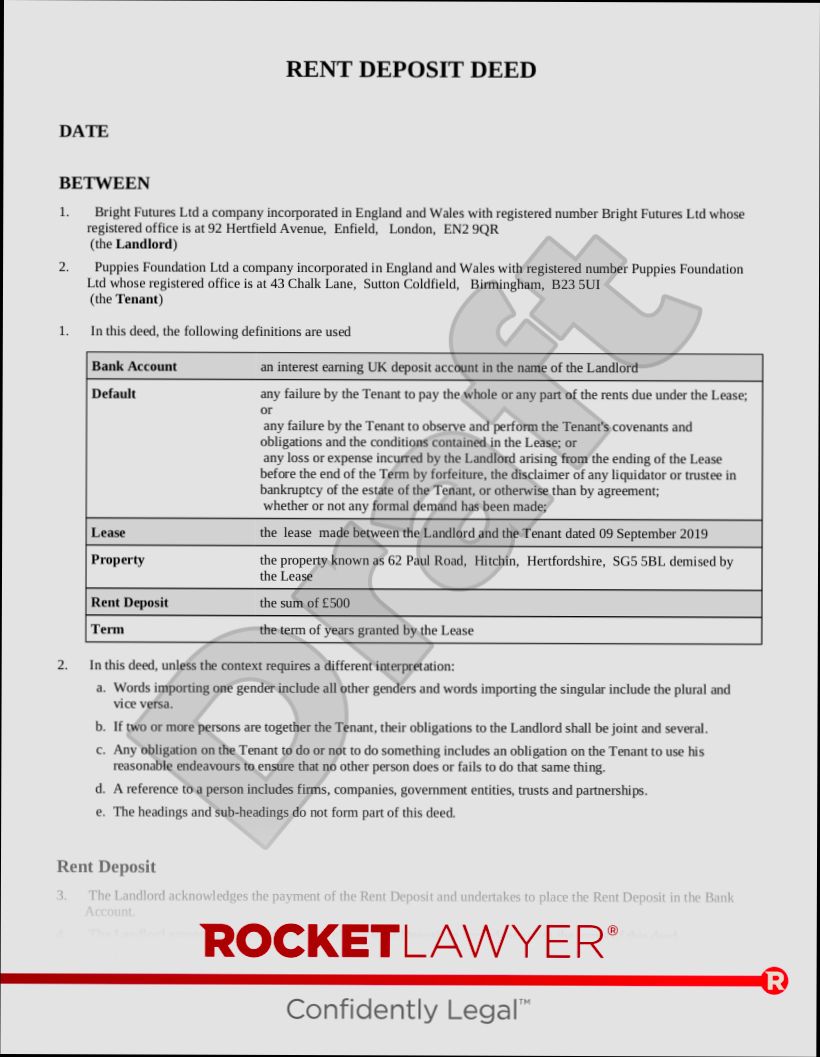
Permitted Uses of Tenant Deposits: A Breakdown
So, you’ve collected a tenant deposit in Spain—now what? It’s crucial to know how these deposits can be used. Let’s break it down!
| Use of Deposit | Description | Example |
|---|---|---|
Covering Unpaid Rent | If your tenant skips out on the rent, you can use the deposit to cover those missing payments. | Example: If a tenant owes you 2 months’ rent, you can keep that amount from the deposit. |
Fixing Damages | Any damages beyond regular wear and tear? Use that deposit to fix things up! | Example: If a tenant breaks a window, the repair cost can come out of the deposit. |
Cleaning Fees | Has the place seen better days? Charge cleaning fees against the deposit. | Example: A tenant leaves the apartment messy, and you use part of the deposit for a cleaning service. |
Missing Items | If any items like furniture or appliances are missing when they leave, you can deduct that from the deposit. | Example: If a tenant takes a piece of furniture with them, you can charge for its replacement. |
As a general rule, the maximum deposit allowed is 1 month’s rent for residential properties. Keep in mind, if you’re using that money, you should detail all deductions to avoid disputes. Communication is key!
Platforms like Residoora can also help you manage these deposits efficiently. They provide tools for tracking tenant deposits and expenses, making your life a whole lot easier!

Return of Deposits: Legal Timelines and Obligations
Alright, so you’ve got your tenant settled in, but what happens when it’s time to give back that deposit? Let’s break down the essential details you need to know.
When Should You Return the Deposit?
In Spain, landlords are legally obliged to return the deposit within 30 days after the lease ends. This is laid out in the Spanish Urban Lease Act (LAU). If you fail to do so, you’re not just being inconsiderate; you could also be looking at potential legal action. Nobody wants that, right?
What if There Are Deductions?
If there are damages or unpaid rent, you can deduct those from the deposit. Just make sure you’ve got solid proof (think photos or receipts). It’s all about being fair! Here’s a quick example:
| Scenario | Deposit Amount | Deductions | Amount to Return |
|---|---|---|---|
Normal wear & tear | €1,000 | €0 | €1,000 |
Damaged Window | €1,000 | €300 | €700 |
Unpaid Rent | €1,000 | €600 | €400 |
Delay Penalties
Now, if you choose to hold on to that deposit longer than 30 days without a valid reason, you could be looking at a fine. Typically, this fine can be equal to the amount of the deposit itself! For example, if the deposit was €1,000, you could end up coughing up another €1,000. Ouch!
Tips for Smooth Returns
Document Everything: Take photos of the property before your tenant moves in and as they move out.
Stay Organized: Keep clear records of payments received and any deductions made.
Communicate: Don’t ghost your tenants. A quick chat can clear up a lot of misunderstandings.
If you’re looking for a tool to help you manage rental properties, platforms like Residoora can simplify the tenant-landlord relationship. They keep everything organized and can even automate some reminders for you!
In the end, keeping things transparent and organized will benefit both you and your tenant. Returns don’t have to be a hassle if you follow the rules!
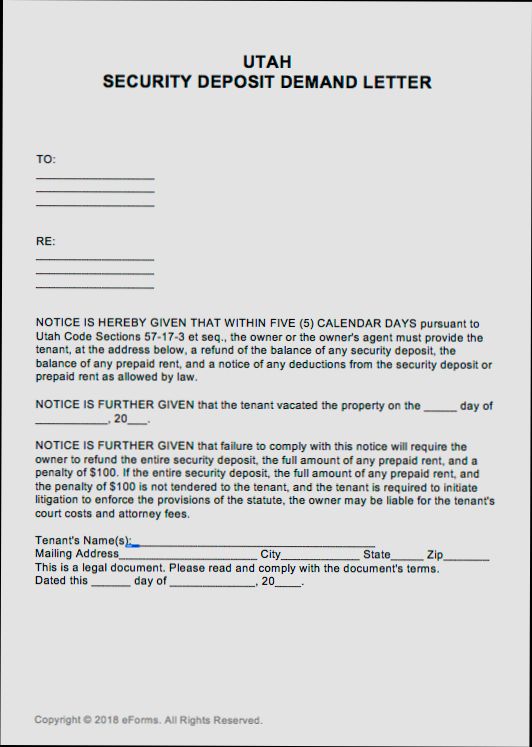
Common Disputes Related to Tenant Deposits
When it comes to tenant deposits in Spain, disagreements can often arise. Here are some of the most frequent disputes you might encounter:
| Dispute Type | Description | Example |
|---|---|---|
Damages vs. Normal Wear and Tear | Landlords may try to claim for what they consider “damages,” while tenants argue it’s just normal wear and tear. | A tenant leaves the apartment with scuffed walls — is it a chargeable damage or just normal use? |
Timing of Return | Landlords are legally bound to return the deposit within a month after the lease ends. Delays can spark disputes. | A landlord takes two months to return the deposit. Tenant feels cheated. |
Excessive Deductions | Some landlords might attempt to deduct more than what’s fair for repairs or cleaning. | A landlord charges for professional cleaning when an apartment was left in good shape. |
Unclear Agreements | If the original lease doesn’t specify what the deposit covers, it can create confusion. | Tenant thinks the deposit is just for damages, while the landlord believes it covers unpaid rent too. |
As a landlord, this is where platforms like Residoora come into play. They can help you keep your agreements clear and well-documented, reducing the chances of disputes later on. After all, a solid paper trail can be your best friend!
Statistics show that nearly 20% of disputes relate to tenant deposits in Spain. That’s a significant number! So, make sure you’re clear on your terms and conditions to avoid falling into the same trap.
By being upfront and transparent, you can create a smoother rental experience for both you and your tenants. Happy renting!

Graphical Representation of Deposit Practices in Major Cities
When it comes to asking for a deposit from tenants in different cities across Spain, the numbers can really start to vary. Let’s break it down in a way that makes sense!
| City | Average Deposit (% of Rent) | Typical Deposit Amount (in €) |
|---|---|---|
Madrid | 1-2 Months | 1,500 - 3,000 |
Barcelona | 1-2 Months | 1,500 - 3,200 |
Valencia | 1 Month | 800 - 1,500 |
Seville | 1-2 Months | 700 - 1,400 |
Malaga | 1 Month | 600 - 1,200 |
As you can see in this table, the amount you’re looking at can really differ based on where your property is located. Madrid and Barcelona tend to set the bar higher because, well, that’s where a lot of the demand is!
For example, if you’re renting out a cozy one-bedroom in Madrid for about €1,500 per month, you might ask for a deposit between €1,500 and €3,000. On the flip side, in Valencia, where prices can be lower, you might only need to request one month’s rent, which could be between €800 and €1,500. It’s essential to know your market!
Moreover, platforms like Residoora are great for real estate investors. They provide analytics that help you better understand the rental market trends in different cities, so you can set a competitive yet fair deposit!
Bottom line: Always keep local practices in mind and stay flexible. Asking a reasonable deposit not only secures your property but also makes tenants feel at ease. Happy renting!

Impact of Market Trends on Deposit Requirements
When it comes to renting in Spain, the market trends play a massive role in determining how much deposit you can ask from tenants. With the current property market constantly shifting, it’s good to stay in the know!
| Market Trend | Impact on Deposit Amount |
|---|---|
High Demand | In a hot rental market, landlords might request a larger deposit—sometimes up to two months’ rent—because of increased risks associated with higher tenant turnover. |
Low Vacancy Rates | When vacancy rates are low, many landlords stick to the standard one-month deposit. It ensures they attract tenants without scaring them off. |
Economic Downturn | During tougher economic times, landlords might lower their deposit requirements to attract more tenants who are sensitive to costs. |
For example, in cities like Madrid and Barcelona, where demand is fierce, you might find landlords asking for a two-month deposit easily. On the flip side, in smaller towns where properties linger longer on the market, it’s more common to see just a one-month deposit.
Tools like Residoora can help you keep track of these trends. They analyze local market data, helping landlords make informed decisions about deposit amounts based on what’s happening around them. Just think about it: would you rather be sitting on an empty apartment or snagging that awesome tenant who pays on time?
Ultimately, staying flexible and tuning into the vibes of the market can save you time, stress, and money. If the market is hot, it’s smart to leverage that while it lasts!



